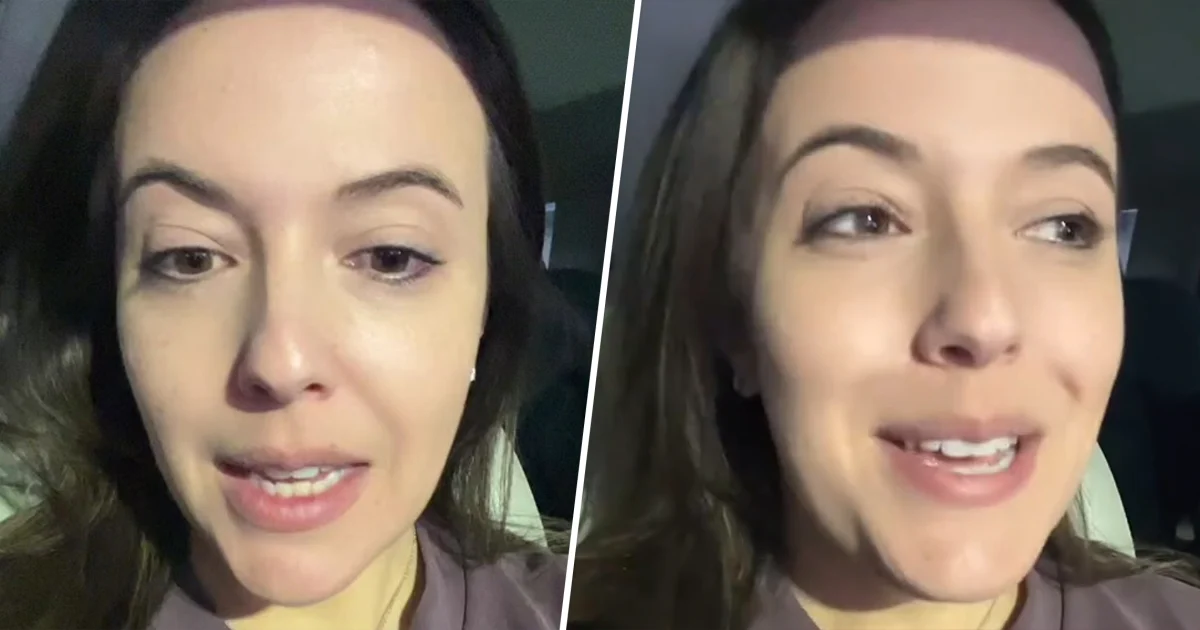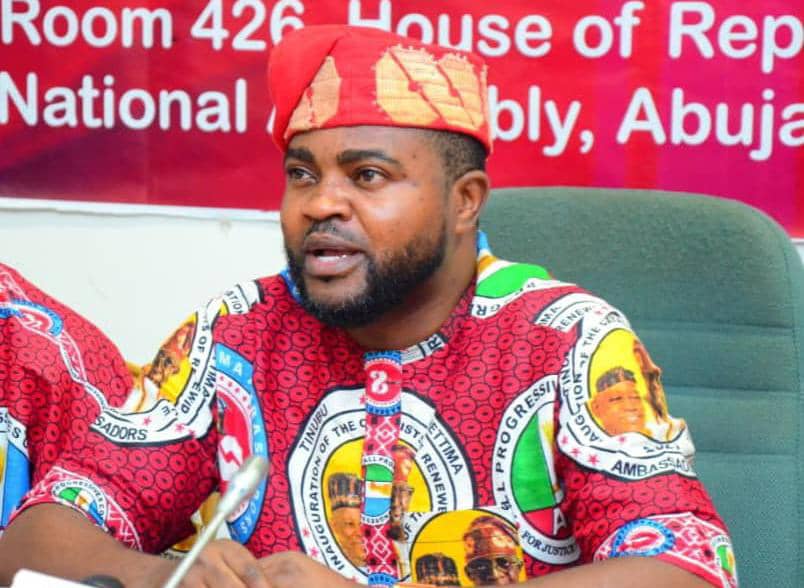
A pediatrician on TikTok is trying to prepare parents for a milestone at the doctor’s office: When kids hit the pre-teen years, parents are asked to step outside the examination room for a few minutes.
“We try to build relationships with kids so that we can maintain trust — that is the greatest gift you can have with patients and their parents,” Dr. Gabriella Dauer, a pediatrician in Florida, tells TODAY.com.
Dauer explained how “one-on-one time” works in a TikTok video.
“If you have a kiddo between the ages of 10 to 18, I want you to listen up because you need to be prepared for your next pediatric visit,” Dauer said in the video. “Your child is offered alone time with the doctor and it comes as a shock to some of these parents who have 9-year-olds or 10-year-olds. So, we like to prepare them.”
Dauer adds: “It allows for them to develop independence and caring for themselves. It allows for a time and space for them to be with a trusted individual and we usually have another person in there, like a medical assistant or a nurse — it’s not that we’re doing a physical exam on them in there without you.”
Although many parents are surprised by the request, doctors see it differently.
According to a policy statement from the American Academy of Pediatrics (AAP), “increasing evidence suggests that adolescents are capable of making health-related decisions in many circumstances.” What’s more, teens who neglect their medical care “due to concerns about confidentiality in medical visits” were less likely to use birth control, one study said.
Now comes the struggle for some parents.
The conversations between an adolescent and their doctor are 100% confidential and in most cases, doctors aren’t going to violate that trust, even at the parents’ request.
“We cannot share with you what they tell us,” Dauer said in the video. “No, we can’t. Parents will come right back in and be like, ‘What did they tell you? Are they having sex?’ Sorry —confidential.”
Dauer tells TODAY.com that some kids are embarrassed or afraid to talk to their parents about issues like gender, puberty, sexual and mental health, pregnancy or alcohol and drug use. That kind of sensitive information can be stored in the “Social History” section of a child’s electronic medical records, to which parents may not have access once kids start meeting privately with doctors, adds Dauer.
Dauer’s video split TikTok commenters:
“Nope. Just because someone is a doctor, doesn’t mean they are automatically a ‘trusted individual.’ We see the cashiers at Walmart more often than we see our pediatrician but that doesn’t mean they can be alone with my kids.”
“I asked my kid if he wanted me to step out long before the doctor did. It’s crucial that kids have privacy and can asked trusted adults questions.
“Absolutely not! I have two teens and they won’t do it without me in the room. I think it’s ridiculous.”
“That’s our job as parents.”
“If parents think that there’s something wrong with the child talking to the doctor alone, the parents are probably doing something unethical to the child.”
Dauer says she encourages children to tell their parents about what is discussed in doctor-patient conversations.
“My message is: ‘Your parents are going to find out. They know you best and you are under their health insurance,’” says Dauer, adding that insurance companies will often notify policyholders (parents) about a doctor visit or lab test.
What Are Doctors Asking Kids In Private?
“We’re asking about their home life or … education, if there is bullying at school,” Dauer said in the video. “We’re asking about activities — what are they doing? Who are they doing that with and are they hanging out with older kids?”
Dauer continued: “We ask about drugs, sex, we ask about all of these risk factors to make sure that we can educate them. It allows for our children to get another trusted individual’s perspective.”
According to the AAP, doctors might ask kids about their past and current medical issues, any medications they are taking, their eating, sleep and exercise habits and whether a child is content in their relationships with family and friends.
“We’re not trying to do anything behind a parent’s back,” Dauer tells TODAY.com. “We’re trying to create a safe space for kids and a sense of independence so kids can eventually manage their healthcare.”
Can Parents Or Kids Deny a Doctor’s Request for Alone Time?
Yes. Not every child, especially a pre-teen, is comfortable talking privately to a doctor and not every parent agrees to leave the room. Sometimes a parent and child will disagree on what to do.
“When it comes to minors, parents always have the final say,” explains Dauer. “I’ll just explain why it would be important and to think about it for next year.”
If parents want to stay in the room, Dauer says she’ll initiate a more basic conversation with kids, focusing less on sexual health and more on mood and general wellbeing.
“We never want to ask children questions that would put them in a strange position,” she says.
According to the AAP: “When parents say that they don’t think that their child will be pleased about them having to leave the room, it is often a good sign that this is the very thing the child needs most. Kids need to learn to think independently, behave responsibly, relate to adults and carry on a conversation with them.”
Dauer understands how strange this transition can feel for parents — and doctors — especially if the family doesn’t know their pediatrician too well.
“If you do not trust your pediatrician enough to leave your child with them for 10 minutes to have these talks,” Dauer said in the video, “it might be time to rethink that pediatrician.”



